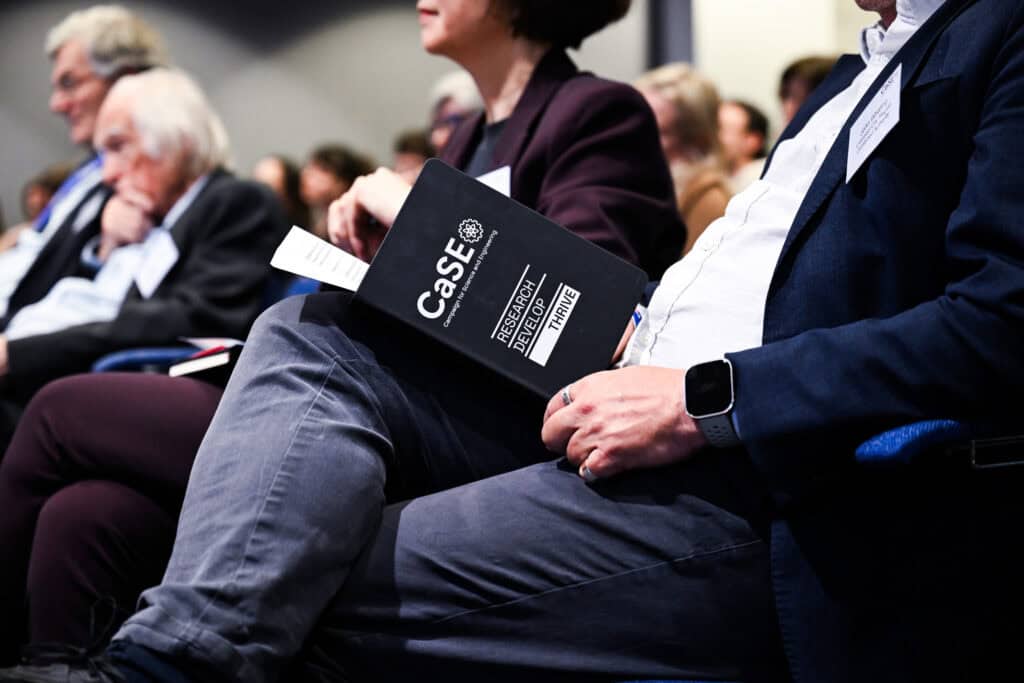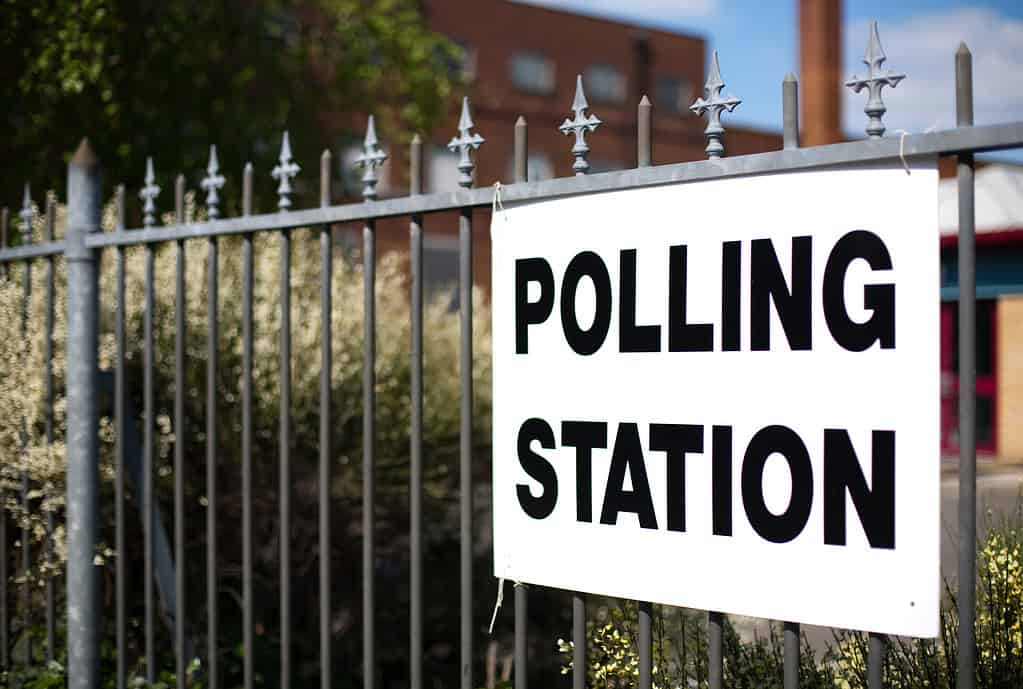House of Lords Reform and Expertise
06 Jul 2012
Science and engineering are vital to the health of the UK’s economy and wider society. Members of the House of Lords must be able to access and deploy expertise in these areas as effectively as possible.
Summary Recommendations
- The proportion of the House of Lords which is appointed should be at least 30 per cent.
- The Appointments Commission should become fully independent and should proactively seek new members, particularly in areas where expertise is found to be lacking.
- The House of Lords and its members should seek to employ more staff with backgrounds in science and engineering, as opposed to predominantly from politics.
- The resources of the House of Lords Science and Technology Committee should be increased – not reduced, as recently proposed.
- The Parliamentary Office of Science and Technology should provide a comprehensive and compulsory induction programme aimed at new members, but also open to existing members, of both Houses.

House of Lords Reform and Expertise
DownloadRelated resources

Our 2026 conference allowed people from across the sector and beyond to hear panels of experts discuss the important issues facing UK R&D, and to ask questions to key figures influencing the future of the sector.

Is the R&D sector ready to navigate a fragmented political future? CaSE is launching a new project – R&D in a shifting voter landscape – to help the sector evolve its advocacy tactics and messaging.

In recent days there have been a number of reports about cuts to UKRI budgets and grant funding pauses. Here we summarise events so far, and set out why we believe UKRI should explain how and why decisions have been made.

CaSE analysis of the 2026/27-2029/30 UKRI budget allocations.